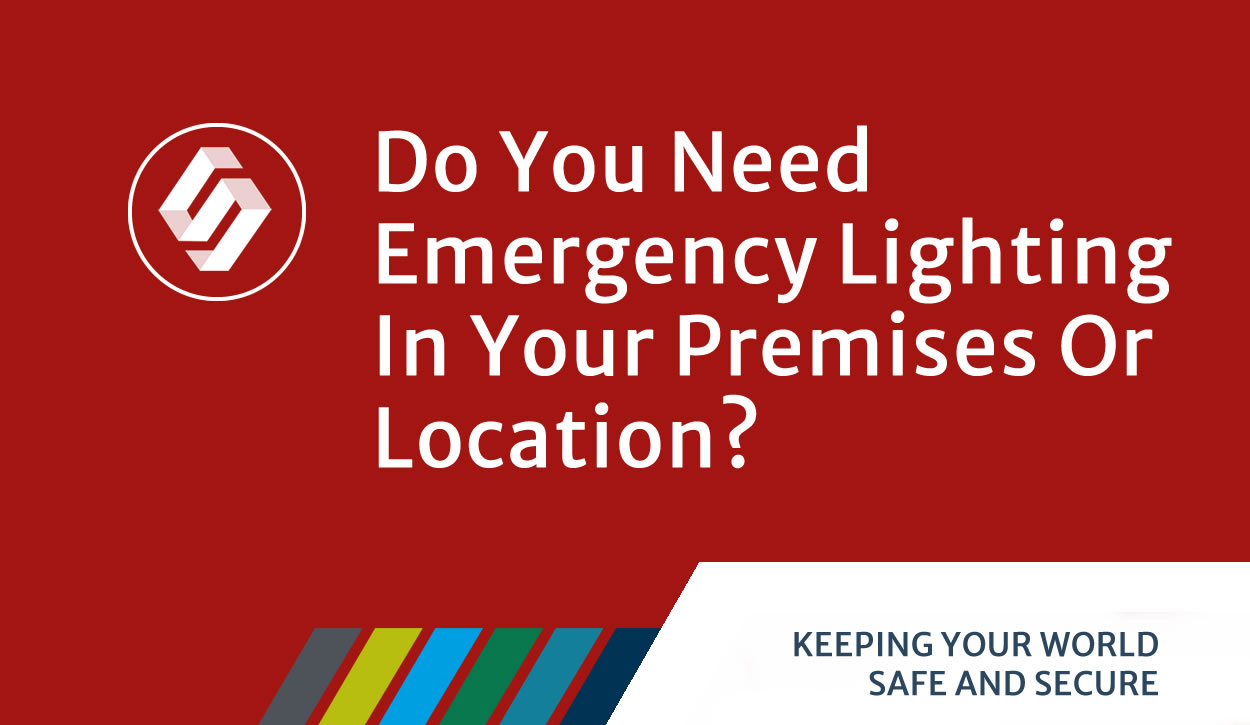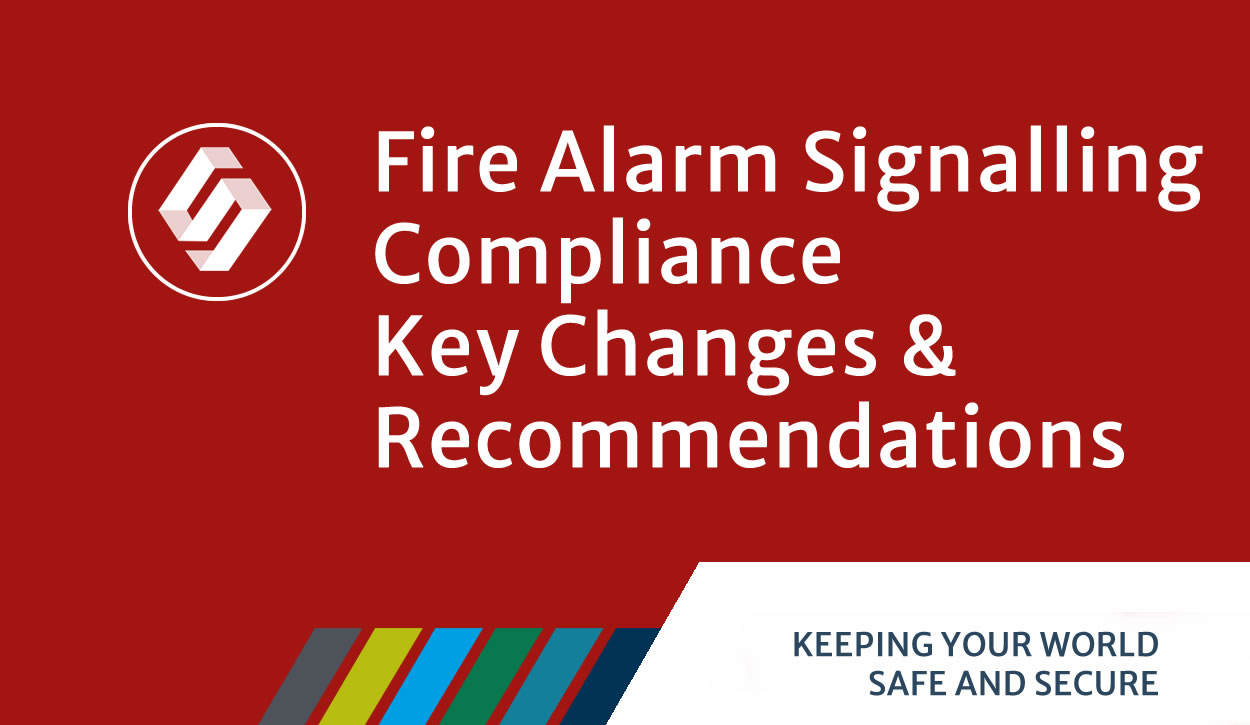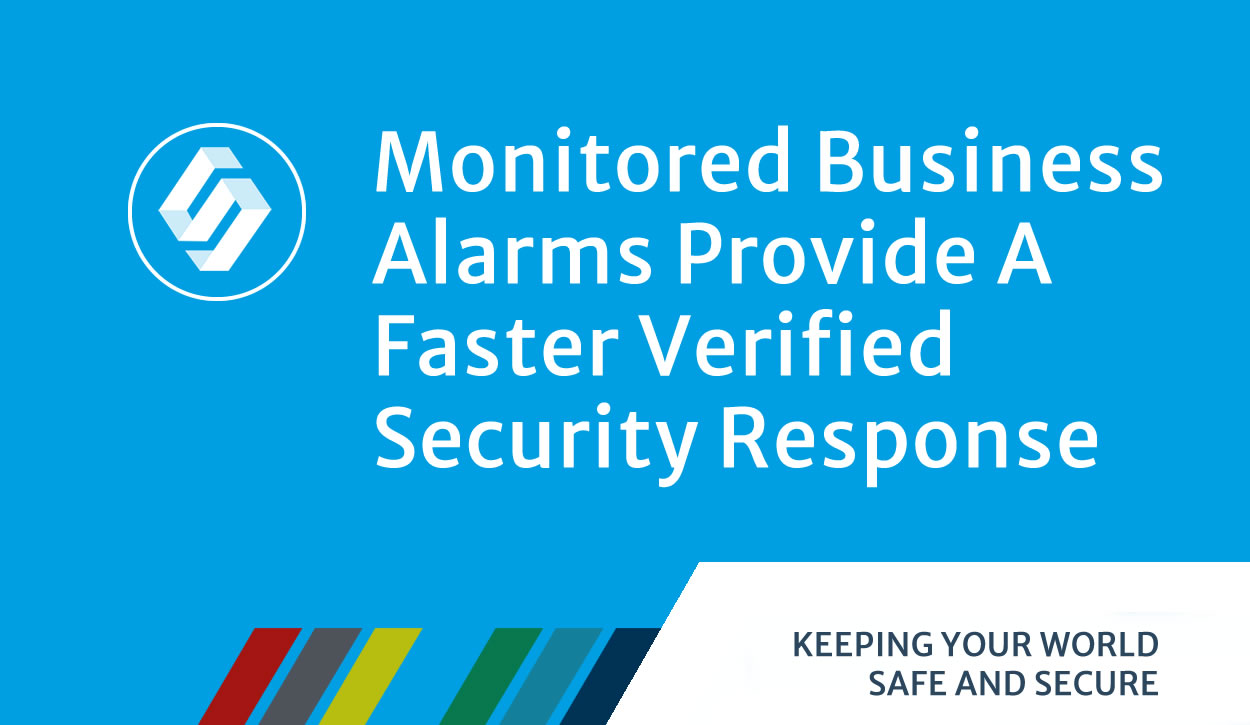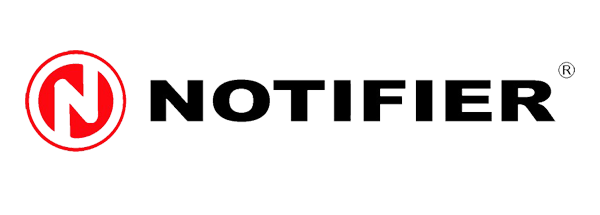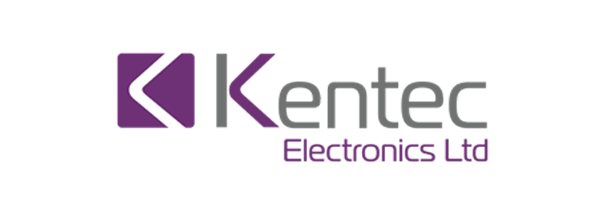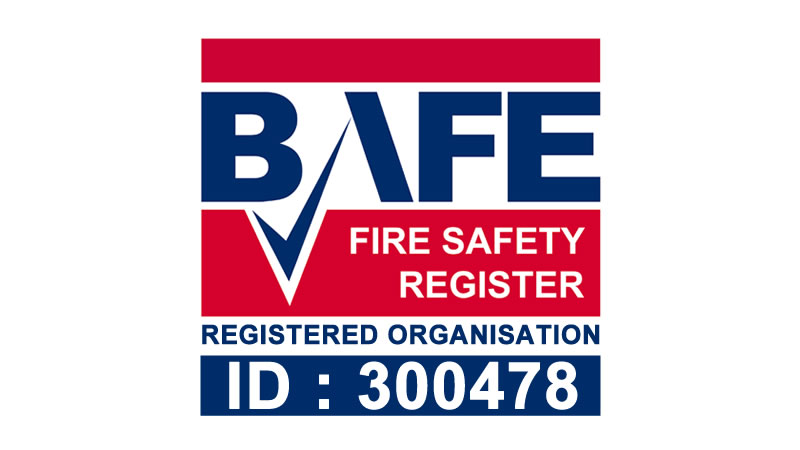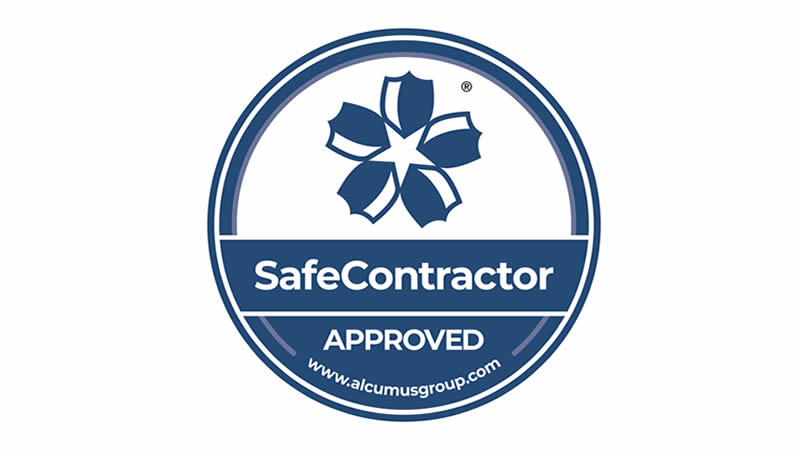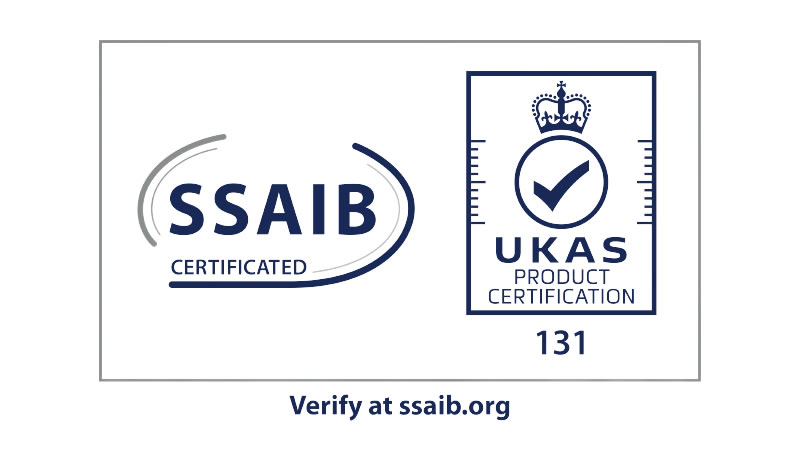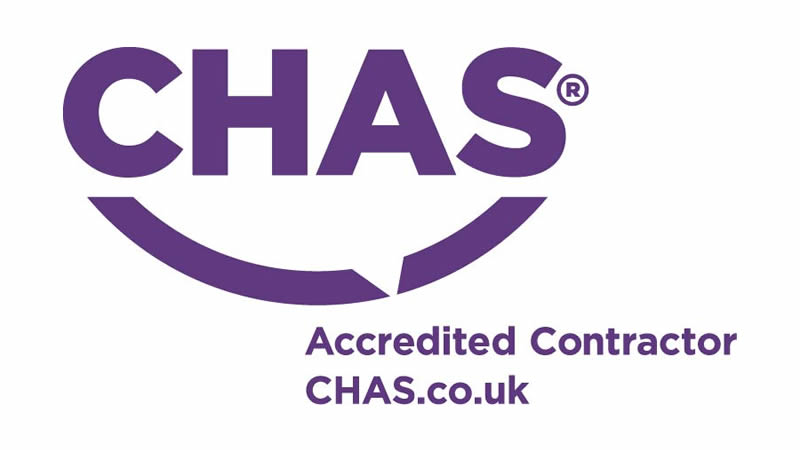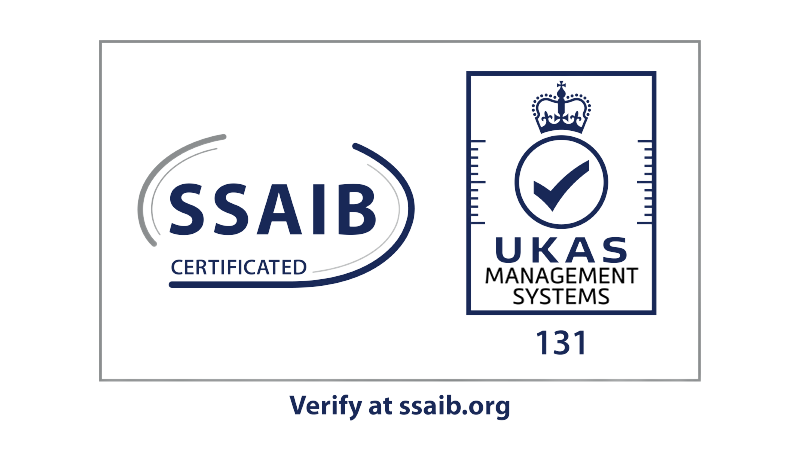FIRE ALARM SYSTEMS
COMMERCIAL FIRE ALARM SYSTEMS
Installation & Maintenance of Commercial Fire Alarm Systems
CHOOSING THE RIGHT FIRE ALARM SYSTEM
It is essential when choosing a fire alarm system, that the type of system is one that is suited to protecting the safety of your people and property. We understand that when it comes to fire protection, there is no one solution that fits all.
Our experienced project team continually develops our system designs using the latest technological advancements to suit your specific fire risk in accordance with current legislative and British Standard requirements.
We are 3rd party accredited by BAFE, SSAIB, and ISO registered, with over 25 years experience installing and maintaining fire alarm systems across the UK for Commercial business, heritage buildings, schools, local councils and national accounts. You can be assured of excellent technical support and advice, whether you need a brand-new install, upgrade to your existing system or a reliable ongoing maintenance contract.
Fire Alarm Systems Maintenance
A commercial maintenance contract is required by law and your insurance provider, and must be carried out by an approved company to comply with British Standards regulations. BS 5839-1:2017 recommends systems are checked bi-annually as a minimum. SS Systems is a third-party accredited company which allows us to maintain all systems installed by ourselves and other companies. Our engineers are fully trained and qualified to meet current legislation and are supported by our in-house service manager and team of service coordinators, to ensure you receive a high level of service and standard of work.
What to expect from our maintenance package
- 24 hour call out facility, 365 days a year
- Fully qualified engineers
- Full compliance with current legislation
- Maintenance visits arranged at your convenience
- Full visit report and recommendations
- System modifications
- Dedicated service manager
What a maintenance visit includes
- Systems list check
- Log book check
- Field device check
- Aspirator filter change
- Battery check
- Alarm load testing
- Decibel level check
- Remote alarm monitoring test (If connected)
The engineer’s notes and checklists are sent back to the SS Systems maintenance team. Our engineering manager will check through the notes and make any remedial action recommendations which admin will process and liaise with yourselves. Each service report constitutes an annual service certificate which the client then keeps in the fire records.
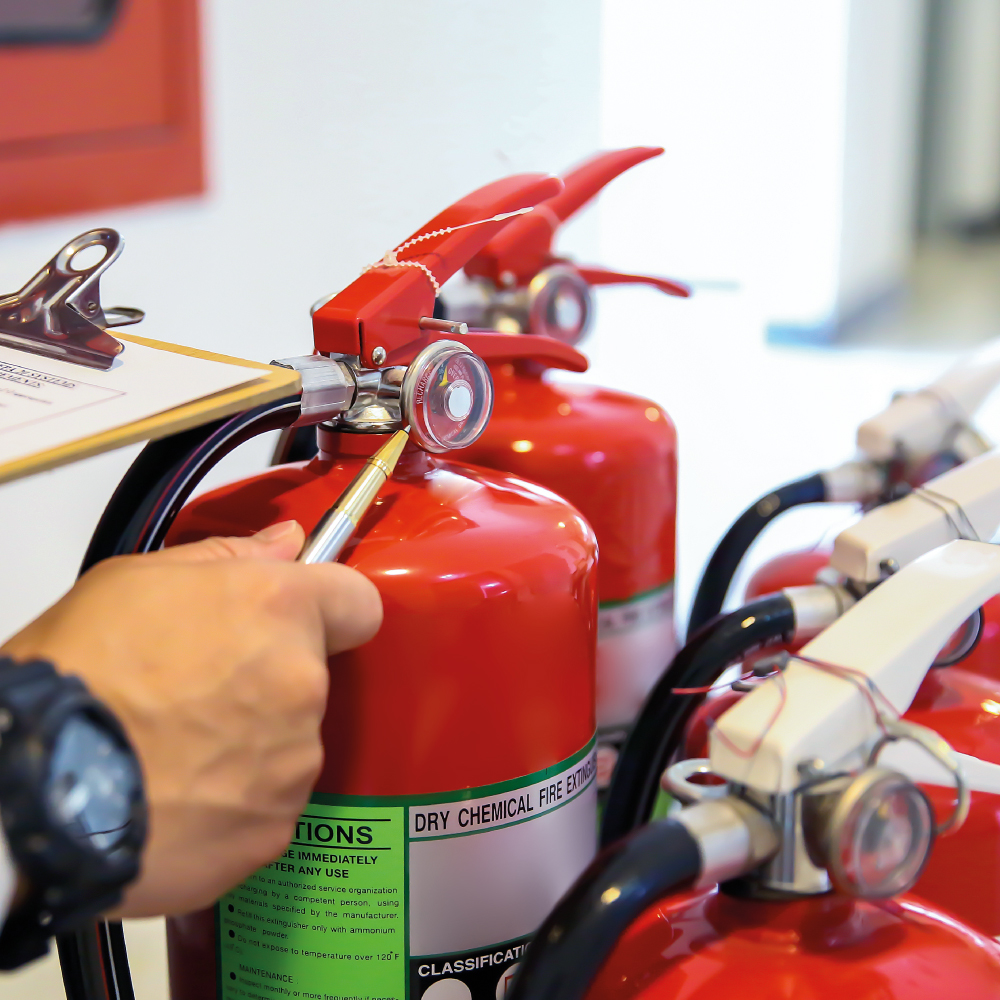
Fire Extinguishers
You are legally responsible to ensure there are enough fire extinguishers on your premises.
In addition to ensuring that you comply with the laws relevant to your industry and the size of your site. A risk assessment will provide how many fire extinguishers and ancillary products are required to protect your site.
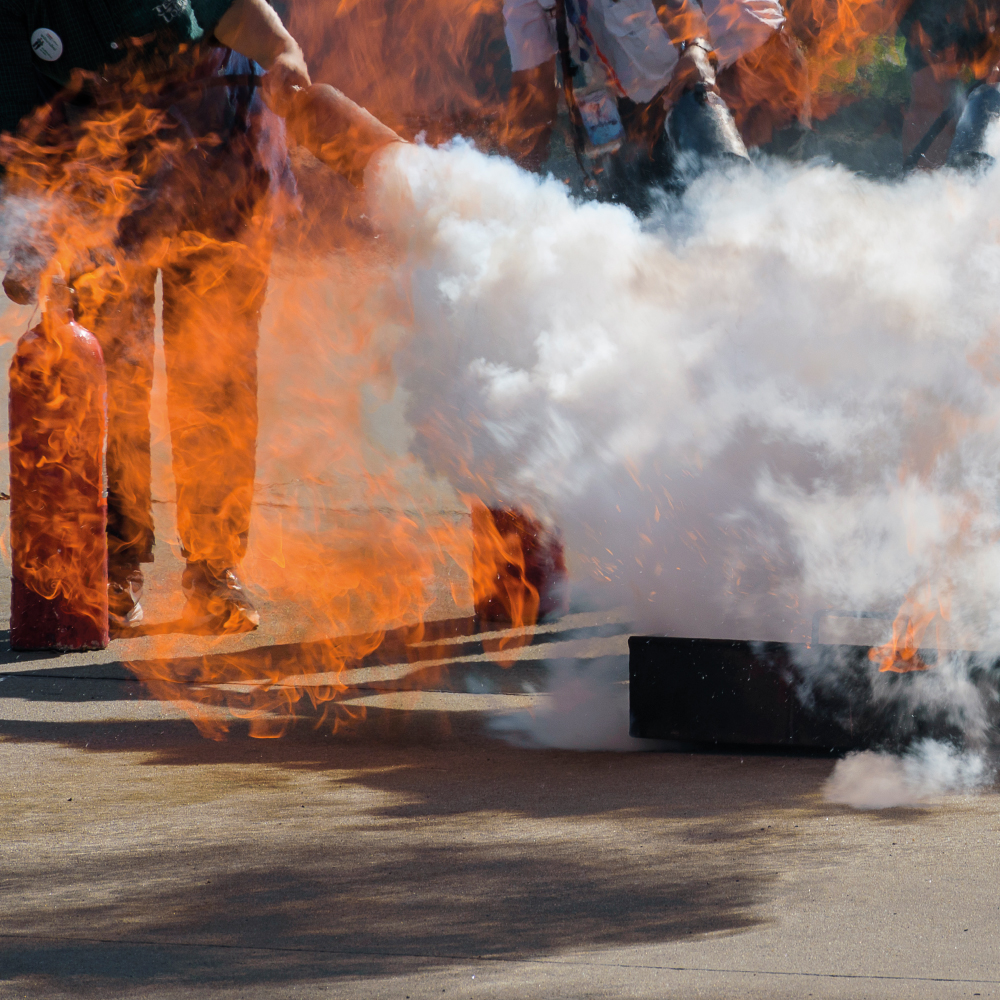
Fire Safety Training
Fire safety is a fundamental part of any business and training is the corner stone of implementing any fire safety policy.
Legislation via the Regulatory Reform (Fire Safety) Order 2005 requires employers to provide training for all employees in actions to be taken in the event of a fire.
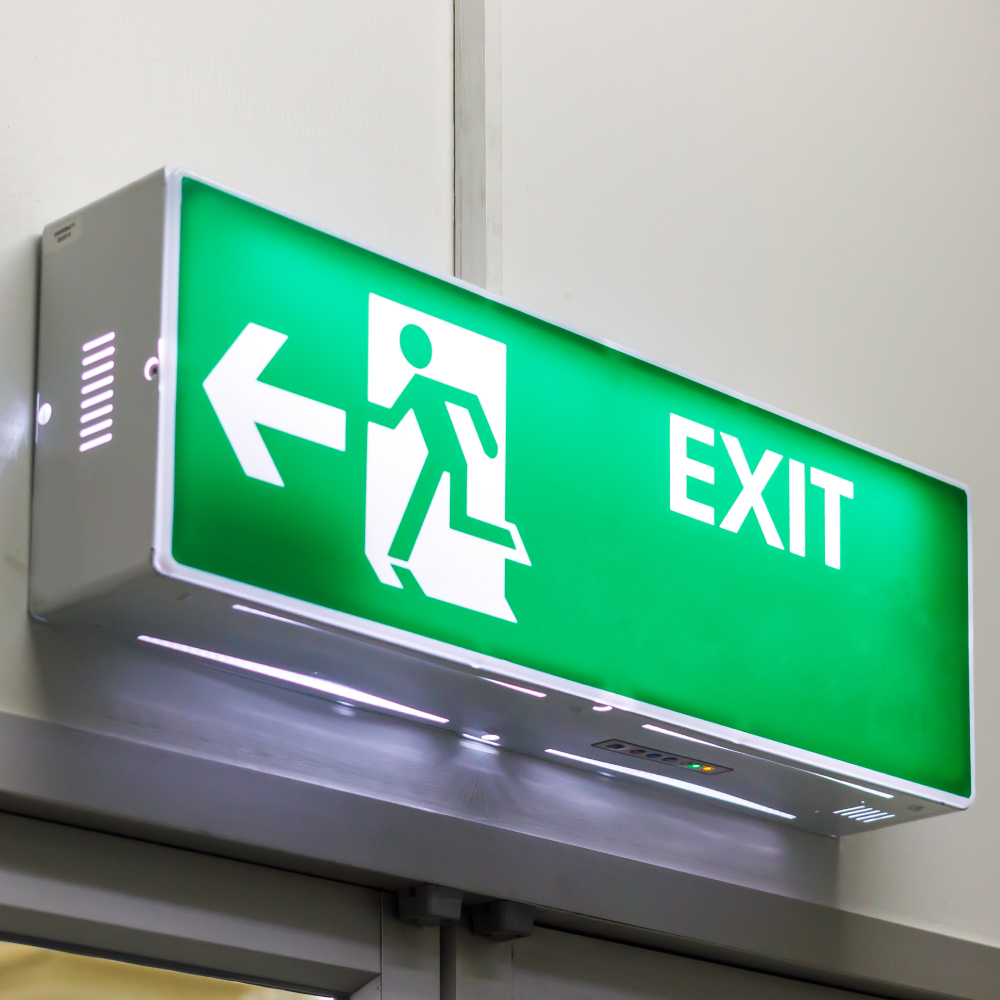
Emergency lighting
Emergency lighting is part of a building’s fire safety provision and is a requirement of The Regulatory Reform Order of 2005.
In the event of the mains power lighting failing or a power cut, emergency lighting can save lives by aiding in the safe evacuation of people within the building.

Fire Alarm Monitoring
Our Monitored Fire Alarm Systems offer you protection 24 hours a day, 365 days a year for complete peace of mind.
Your Fire Alarms System is monitored at a central station for a fast response to your key holder and the local fire and rescue services.
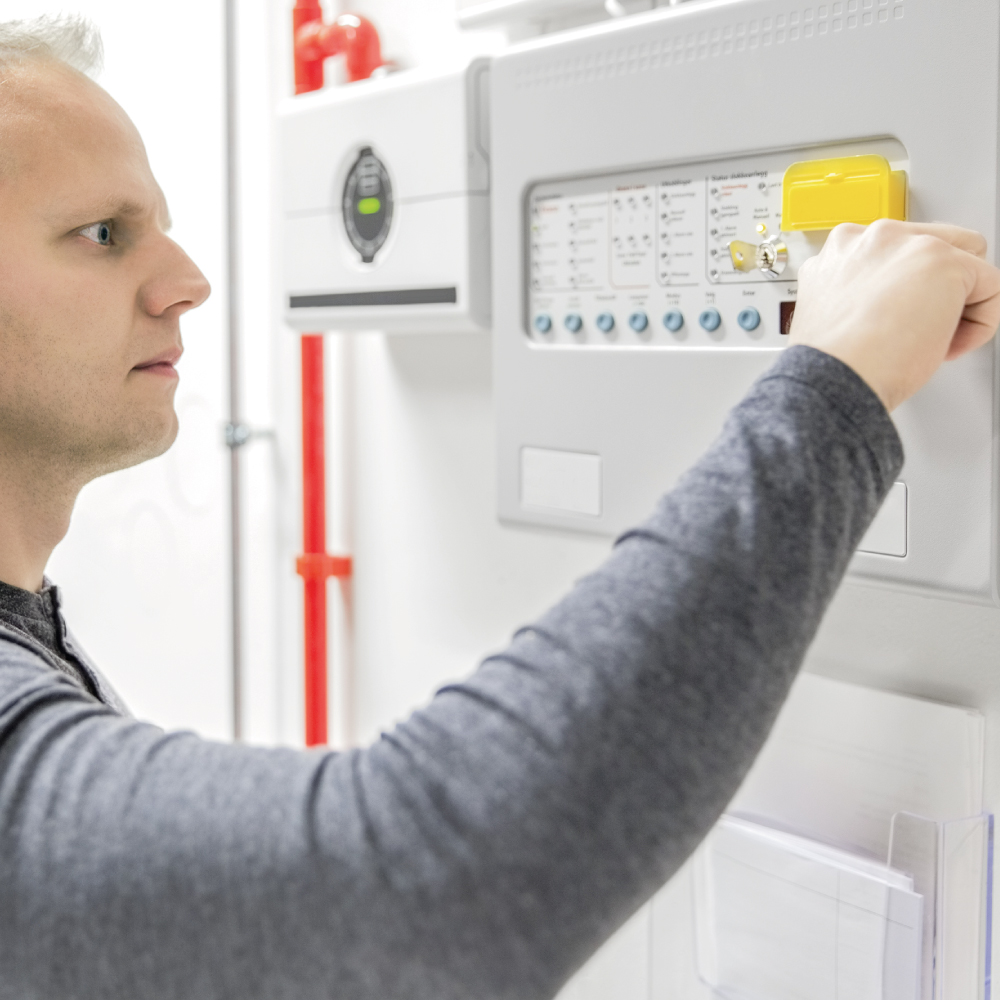
Aspirating Systems
An aspiration detection system (ADS) is a highly sensitive form of fire detection that can detect a fire at an early stage. The system takes samples of the air and tests them for the presence of smoke.
The air is drawn by a pump from the various test points.
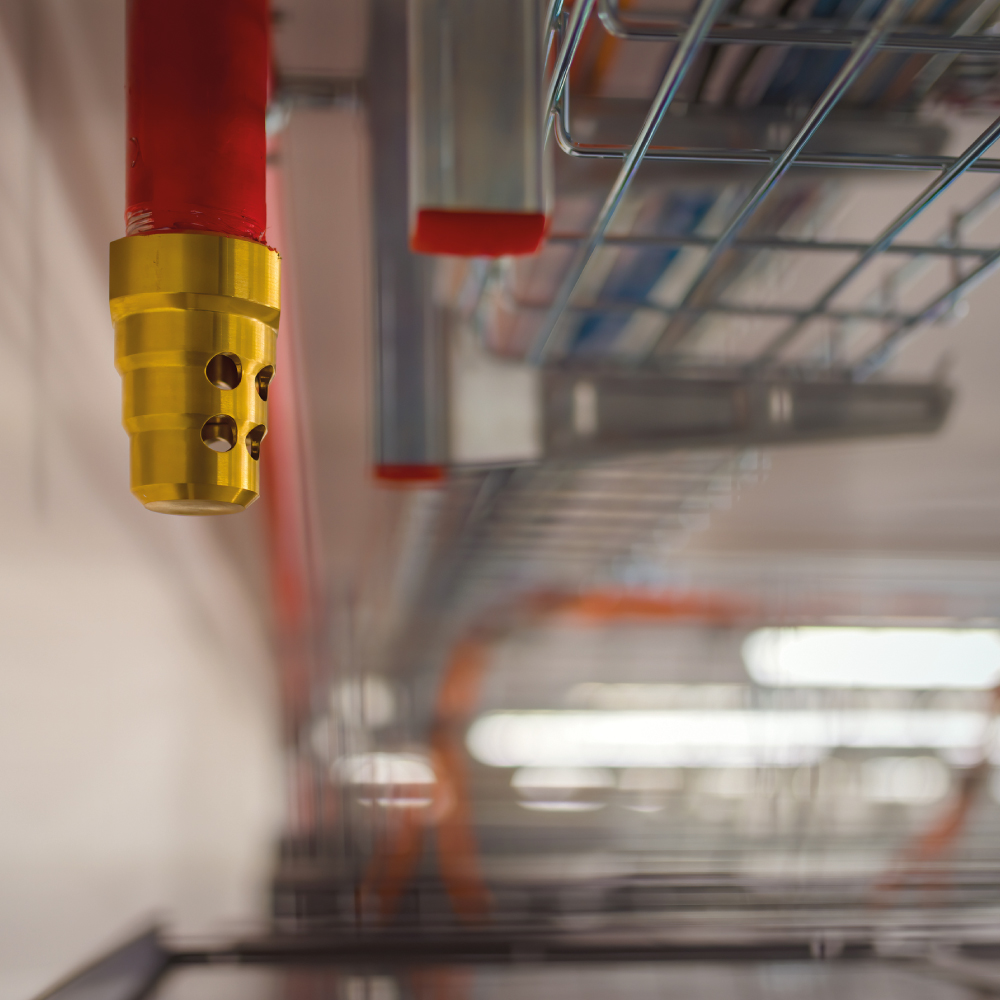
Fire Suppression
Fire suppression systems are used as a safer and more advanced alternative to typical fire extinguishers, sprinkler systems and water mist systems. These systems not only prioritise occupant safety, but also protect your property and assets in the event of a fire.
Frequently Asked Questions For Commercial Fire Alarm Systems
Advice When Considering Commercial Fire Alarm Systems
Bonus Tip: Always check that your chosen fire alarm provider can supply certificates of design, installation, commissioning, and maintenance. These are key proof of compliance with BS 5839-1 and will be requested by insurers or auditors.
Do You Need Emergency Lighting In Your Premises Or Location
Emergency lighting is a legally required safety system in the UK that ensures safe evacuation, visibility of escape routes, and identification of fire safety equipment during a mains power failure.
Key Changes & Recommendations For Fire Alarm Signalling Compliance
In the United Kingdom, the latest update to fire alarm signalling and system compliance has now come into force via the revised standard BS 5839 1:2025. The revision replaced the 2017 edition. This update includes significant changes around alarm transmission times, system design, documentation, maintenance, and overall signalling performance, meaning organisations responsible for fire safety need to act swiftly.
Monitored Alarms Gain Ground As Businesses A Seek Faster Verified Security Response
Alarm monitoring works by linking an intruder alarm to a remote Alarm Receiving Centre (ARC). When the system is activated, trained operators are alerted immediately and can take action, such as contacting keyholders, verifying the alarm and, where appropriate, notifying the police.
OUR PARTNERS
SS Systems partner with leading UK based manufacturers to ensure that the fire detection and alarm systems we provide are at the forefront of current technology, along with being the most reliable our industry has to offer.
Externally Monitored to Ensure that we meet a High Standard of Service.
As members of the SSAIB (Security Systems and Alarms Inspection Board), We maintain service records and monitor our success. The SSAIB, is a leading certification body for organisations providing security systems and services, fire detection alarm systems, and monitoring services. So, you can be confident that we strive to provide our clients with a reliable and professional level of service.

